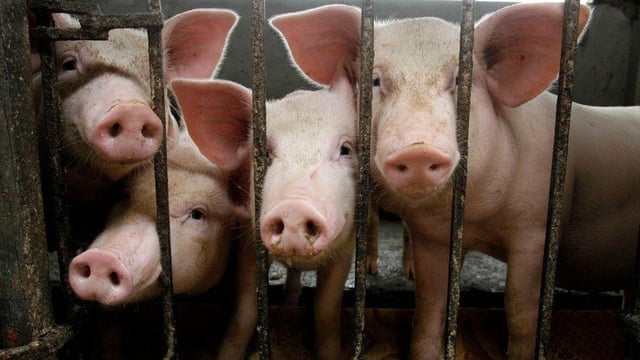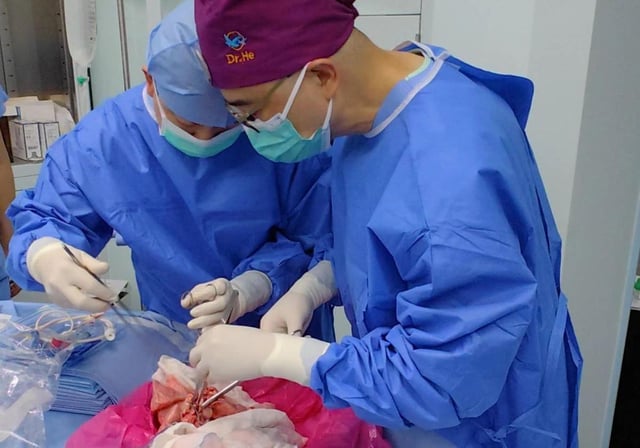Overview
- The Anhui University Hospital team implanted a genetically modified Diannan miniature pig liver as an auxiliary graft in a 71-year-old man with hepatitis B–related cirrhosis and liver cancer.
- The porcine graft carried ten edits designed to reduce rejection and improve cross-species compatibility, including antigen deletions and human genes for coagulation and immune regulation.
- The organ produced bile and clotting factors without early acute rejection, demonstrating sustained metabolic function in a living recipient for just over one month.
- On day 38 the patient developed thrombotic microangiopathy linked to the xenograft, prompting graft removal and treatment with eculizumab and plasma exchange; he died 171 days after surgery.
- Experts describe the result as a meaningful step that may inform future bridge-therapy strategies, though they stress xenotransplantation remains experimental and driven by global organ shortages cited by the WHO.


